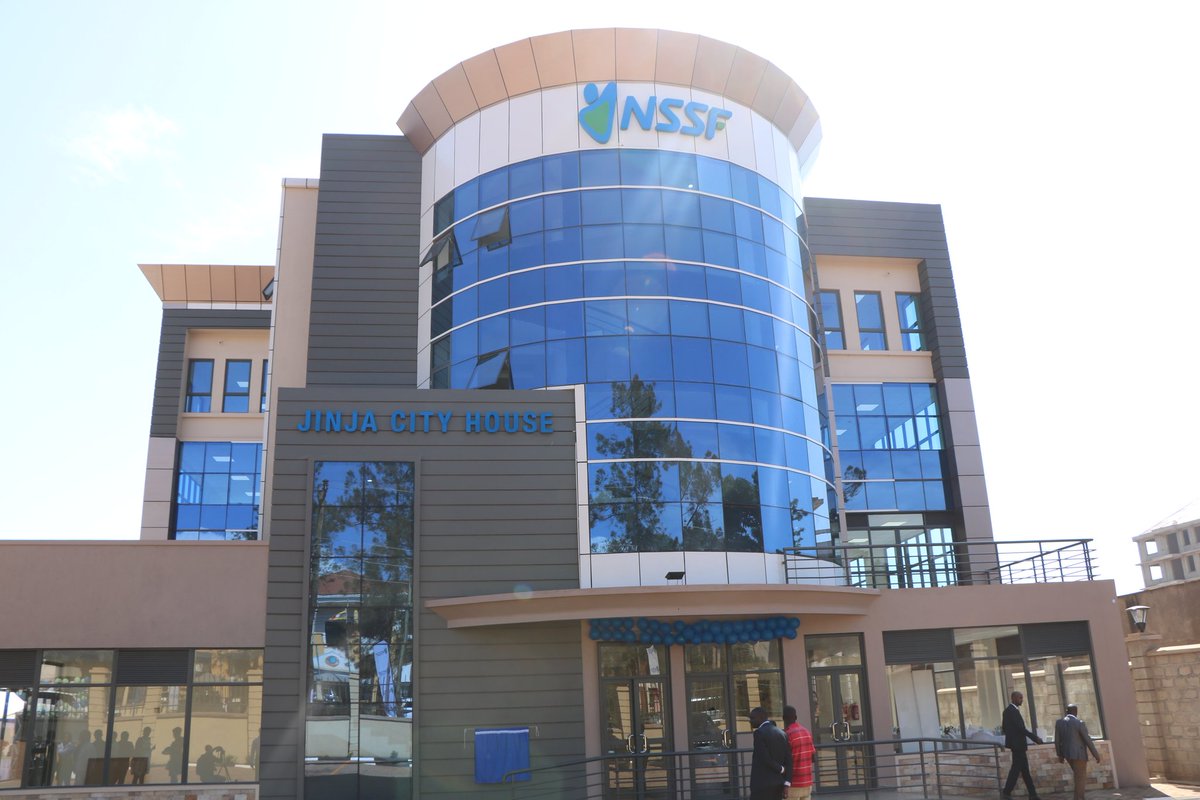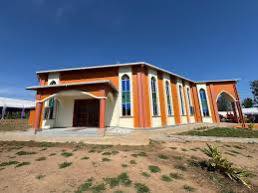How to be your own NSSF
By Denis Jjuuko
Some years ago, I walked into the wood paneled office of one of my mentors, a Kampala lawyer. I had gone to ask him of his views on becoming a consultant. When I eventually told him what was on my mind, he leaned in swivel chair and decided to talk to me about my mother, of all people!
“You see, your mum,” he started. “She has since retired from teaching. Since she has been an employee, teaching in government schools, every month, there is some little money she is paid,” he said before continuing. “It isn’t much really, but it can help her buy some groceries.” I was now all ears. But as a young man, I wondered what this was really about. It wasn’t too long before he made his point.
“If consulting is what you want to do, that is fine but remember that you have to work for your pension. Unlike your mother, when retirement comes, there will be no government sending you some little money for groceries every month,” he warned. The jury is still out there on whether I am set up for retirement.
However, I remembered this story for the umpteenth time when yet again the management or the lack of it (depending on whose side you take) of the National Social Security Fund (NSSF) came up once again. Every few years, NSSF is put under the spotlight that the only solution is to kill its monopoly so that workers have a say on where they save their money. That may not happen in our lifetime so what can one do?
Well, the simple answer is that everyone lucky enough to have a job can become their own NSSF. It is mandatory that every private sector employer sends 15% of their employee’s salary to NSSF to invest and pay 20% of it when somebody clocks the age of 45 and has saved with NSSF for 120 months (the latter makes no sense, but that is the law) and the rest of the money when one turns 55 years old. For most people who are lucky to reach this age, this is usually the only money they ever have to see them through retirement.
But like my mentor told me, you can do your own savings. And this is one of the ways to do it. If you are looking for a job today or you have just started out, as politicians and those in charge of NSSF blab through the media, just study where NSSF invests your money and replicate it on your own.
Largely, NSSF invests money in long term treasury bonds, shares in listed companies in the region and real estate. All these options are also available to you regardless of how much you earn.
Let us assume that you earn Shs500,000 a month as your take home and you save 15% of it every month. That would be Shs75,000 per a month or Shs900,000 a year. To buy treasury bonds or bills, you only need Shs100,000 which means that you can invest money after just one and half months of saving 15% of your Shs500,000 salary. All you need is to walk to your bank (many banks do this) and open a CSD (Central Depository System) Account and start buying these government papers which are sold every two weeks.
NSSF has time so it invests long term. And the longer the period, the better the returns. If you buy a 15 or 20 year bond, you can get as much as 18% annually. And the beauty of this is that if you invest in these long term bonds, you only pay 10% as tax on your interest. If you go for bonds below 10 years, you pay as much as 20% in taxes on your interest.
So if you are doing this and you are 25 years old, there is no reason you don’t go for 15 or 20 year bonds. You have a lot of years before you retire at 60 years old.
What you need to be aware of is that this interest is paid every six months so ensure that when your account is credited, you invest it again. Don’t touch this money until the maturity of the bond and then invest it again for 15 to 20 years. If this is too much work for you, approach your insurance company, and invest in unit trusts though they pay only about 11% net of tax annually. NSSF can do it for you too as they allow voluntary savings.
By the way, you can break a bond at any time if you want to get your money by selling on the secondary market. Your bank will do this for your effortlessly but don’t be prompted to eat the money. The art of investing for retirement is to delay gratification to a later date.
NSSF also invests in real estate and there aren’t many sectors as lucrative as real estate, long term. You may wonder how somebody who is saving Shs900,000 a year will be able to invest in real estate. Invest in land you can afford of about Shs2 million or Shs3m which you can easily get in Luweero or Mpigi or Mukono or any place where you live (for those away from Kampala). Keep this land for 20 or 35 years and you will be in things. Uganda’s population is continuing to grow, putting pressure on real estate. So there will be a lot of demand. You can also get your close friends with the same vision and invest together.
Where else can one invest? On the stock exchange. NSSF invests there too. You can as well but don’t limit yourself to Uganda or the region as NSSF. Companies like Chipper Cash, which is regulated by Bank of Uganda, enable you to buy shares of the world’s biggest brands such as Google, Facebook, Microsoft or whatever company you see listed on the New York Stock Exchange.
So if you invested 15% of your salary yourself, you would have much more money than NSSF will deposit on your account at age 55 but the beauty is that you will still have your NSSF money as well. So that, like Ugandans say, eat like a farmer during your retirement.
The writer is a communication and visibility consultant. djjuuko@gmail.com









